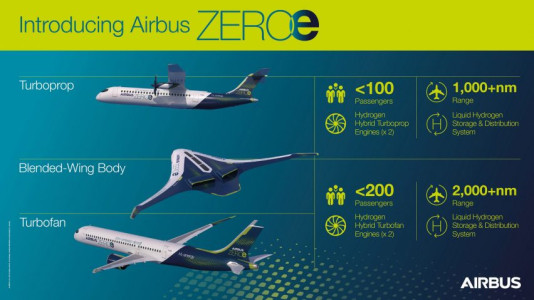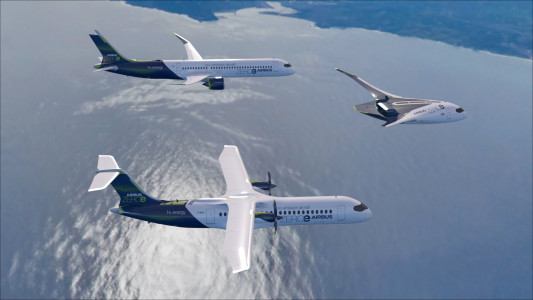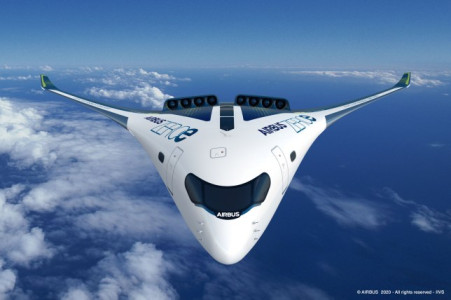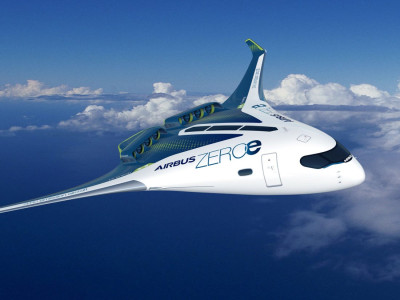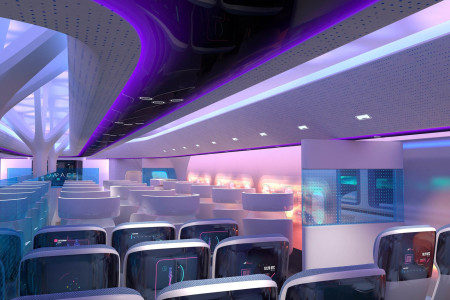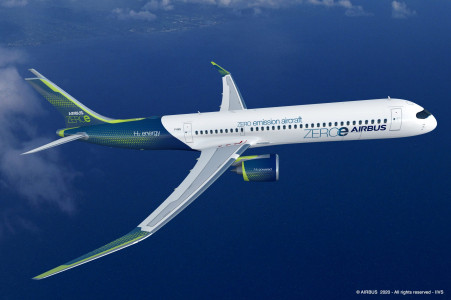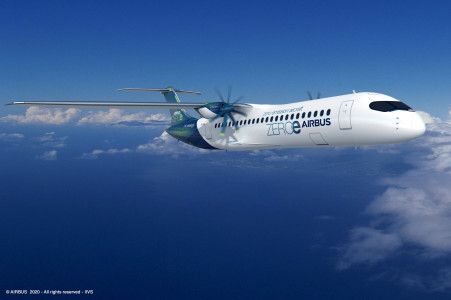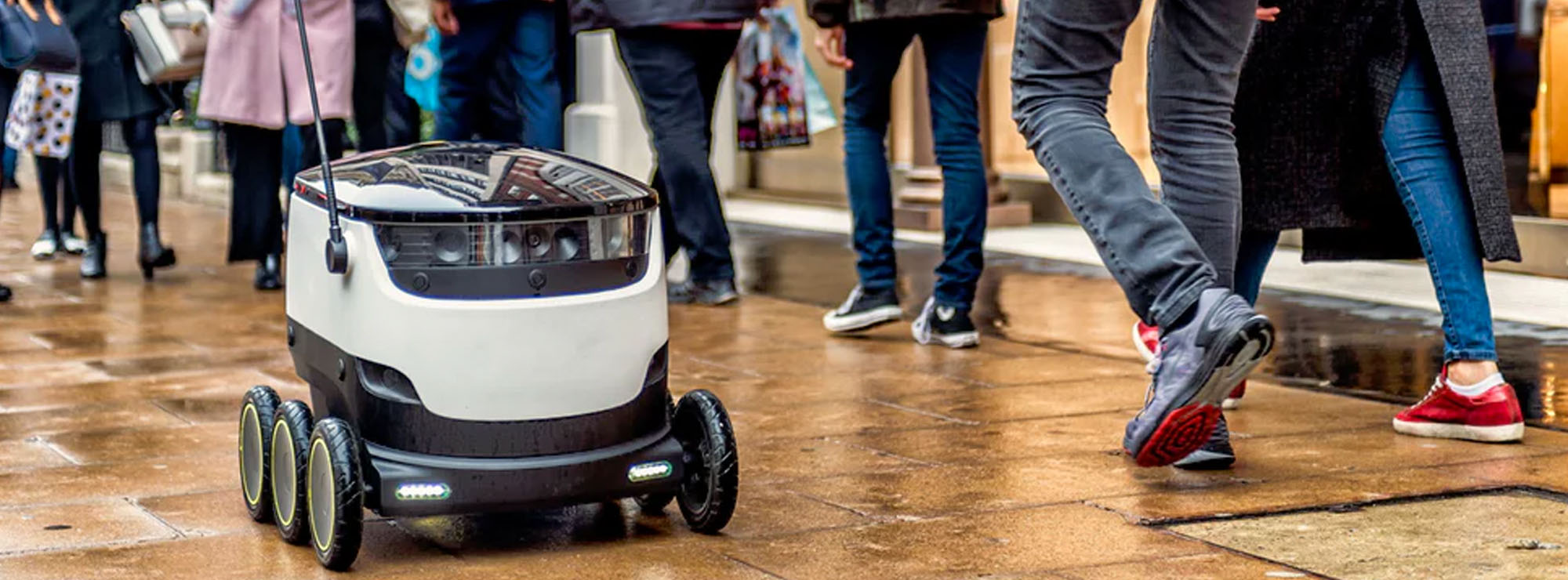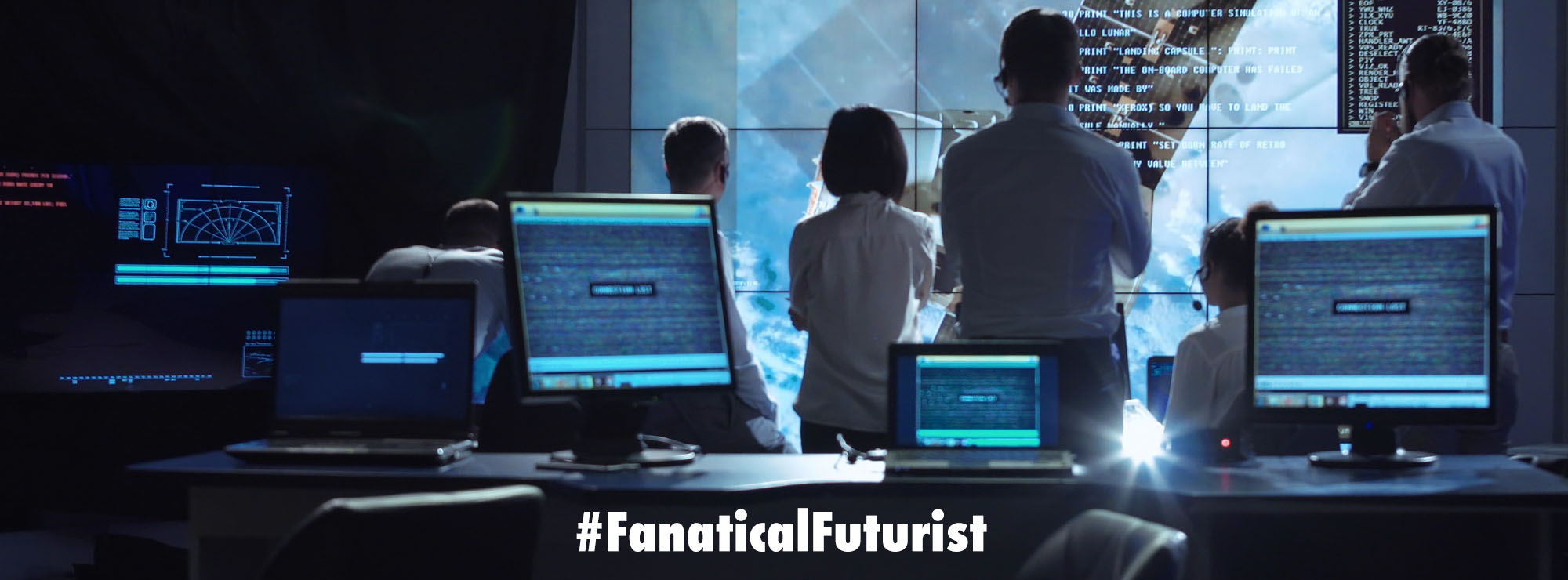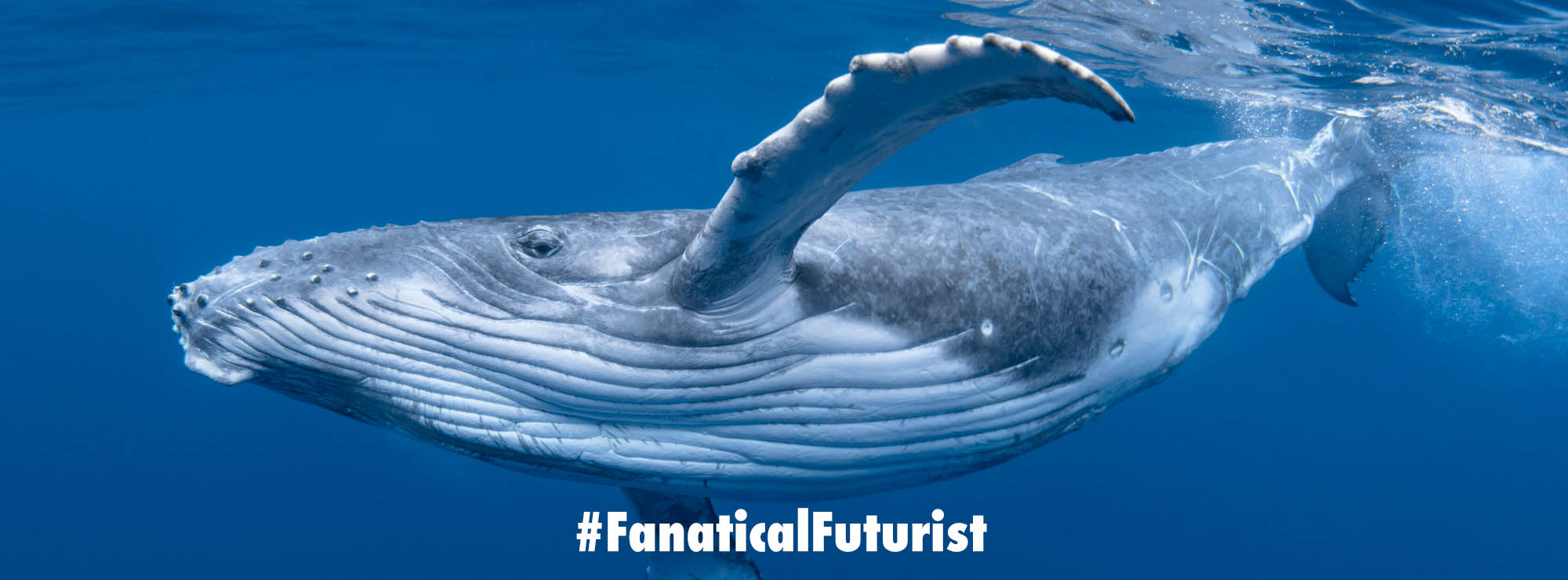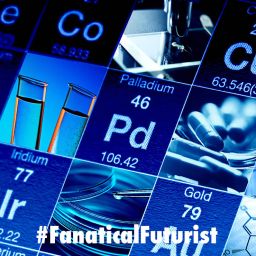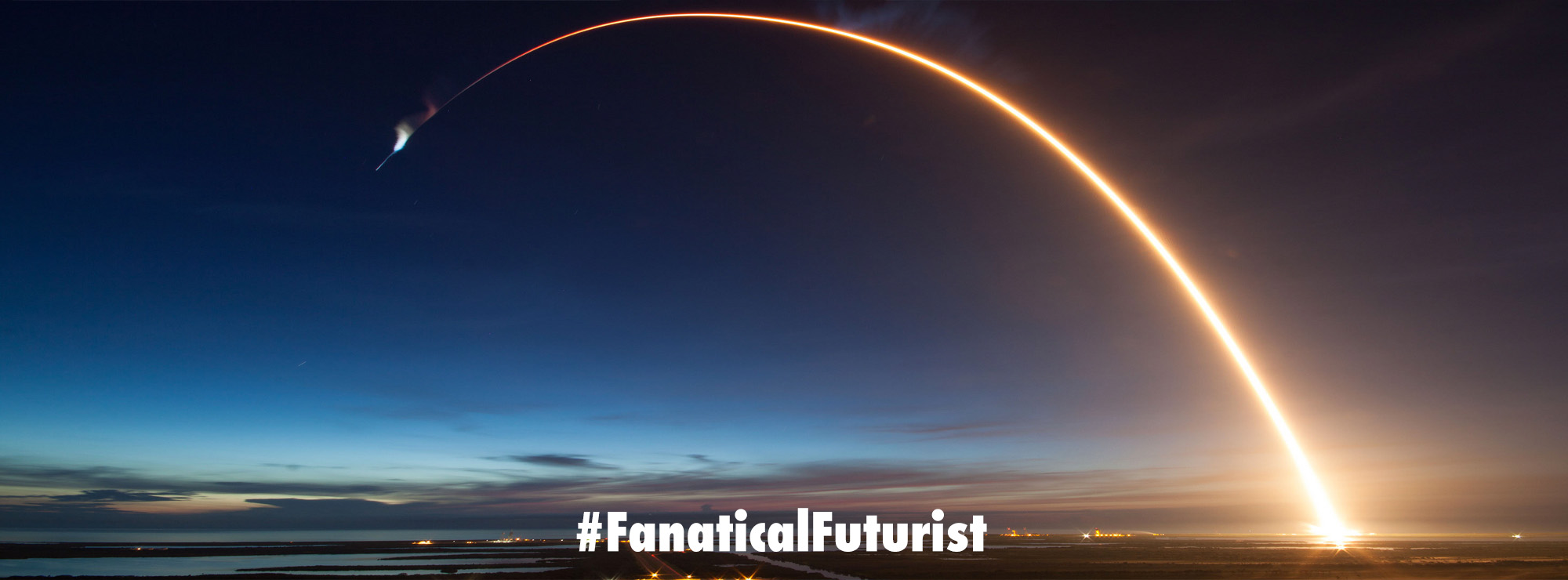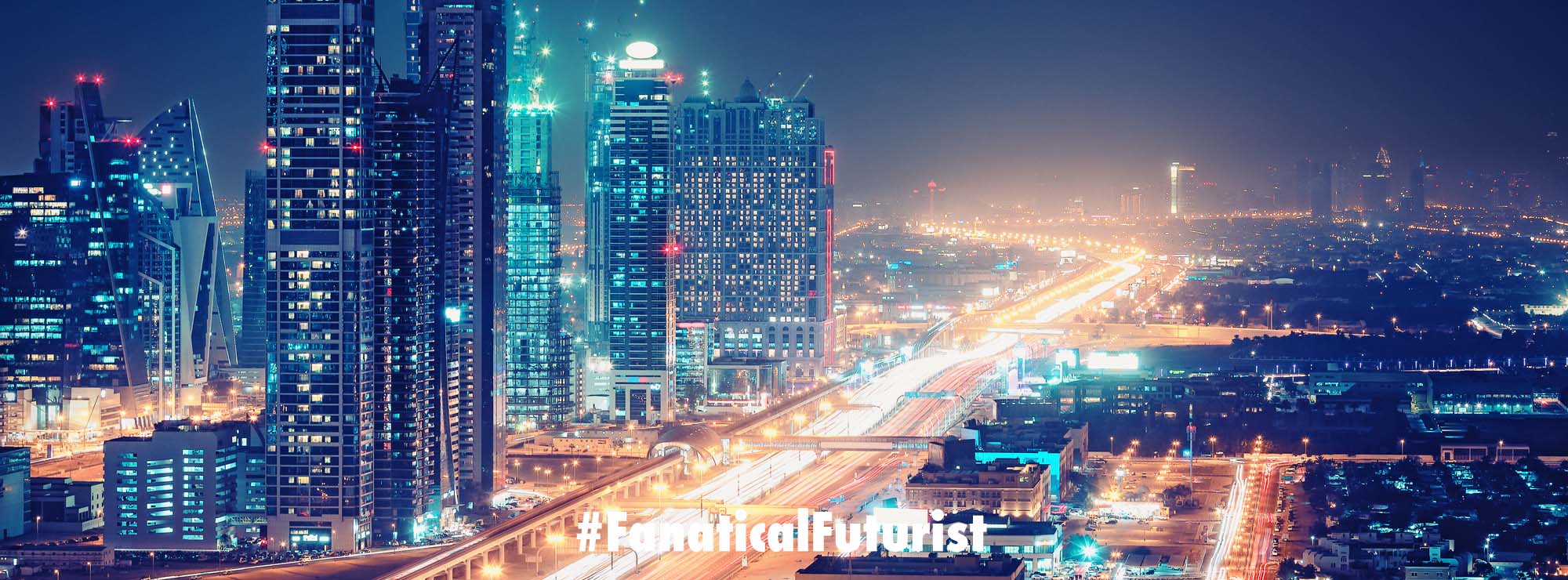
WHY THIS MATTERS IN BRIEF
The airline industry is one of the world’s biggest polluters, and as society demands action some of them are re-doubling their efforts to clean up their industries for the better.
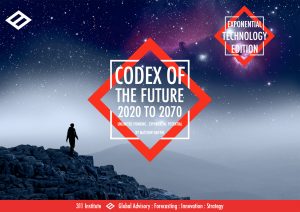 Interested in the Exponential Future? Join our XPotential Community, future proof yourself with courses from our XPotential Academy, connect, watch a keynote, or browse my blog.
Interested in the Exponential Future? Join our XPotential Community, future proof yourself with courses from our XPotential Academy, connect, watch a keynote, or browse my blog.
To celebrate Zero Emissions Day 2020, which, yes is apparently a thing now even though ironically as a society we’re nowhere near that objective, Airbus, who’ve also been showing off their latest flying robo-taxi concepts, has revealed three concept aircraft, codenamed ZEROe which would be the first hydrogen fuelled planes to produce zero emissions in flight and which the company hopes could revolutionise air transport for the future.
The three commercial planes the company unveiled are designed to “fill every niche in the commercial aviation sector,” and the European plane maker says they could be ready to enter service as soon as 2035.
Unlike many of the electric aircraft designs and prototypes that I’ve been writing about recently the three concept planes rely wholly on hydrogen as a primary fuel source, something which comes with its own set of challenges – like the lack of any hydrogen infrastructure that the company could use to fuel the planes from. However, despite this, Airbus says it believes that hydrogen is an exceptionally promising future aviation fuel because it has over ten times the energy density of today’s more traditional Lithium Ion batteries that are fuelling the airline industries “other” zero emissions arms race, and that it holds the key to meeting climate goals for the future.
“This is a historic moment for the commercial aviation sector as a whole and we intend to play a leading role in the most important transition this industry has ever seen. The concepts we unveil today offer the world a glimpse of our ambition to drive a bold vision for the future of zero-emission flight. I strongly believe that the use of hydrogen – both in synthetic fuels and as a primary power source for commercial aircraft – has the potential to significantly reduce aviation’s climate impact,” said Chief executive Guillaume Faury in a statement.
A brief overview of the new Maverick “flying wing” design
The first design is a turbofan aircraft with a range of around 2,000 nautical miles. Airbus says this aircraft would be powered by a modified gas-turbine engine, operating entirely on hydrogen as an alternative to jet fuel.
The aircraft would be perfect for transcontinental missions, seating around 120 up to 200 passengers. The plane maker says that the fuel – liquid hydrogen – would be safely stored in tanks behind the rear pressure bulkhead. It could be the A320 successor the world needs.
The second concept is a turboprop aircraft, clearly targeted to regional markets with a capacity of around 100 passengers. Despite being a small plane, it would have a range of around 1,000 nautical miles, making it ideal for the short-haul marketplace, and like the narrow body, this aircraft would be fuelled by hydrogen via modified gas-turbine engines. The propulsion would also rely on combustion of the hydrogen fuel.
While the first two concepts look pretty standard in terms of aircraft design, the third design is a step out of the box for aerospace. Airbus has presented the blended wing concept aircraft as the third zero emissions idea, something which it floated to the world earlier this year.
The unusual design would make for a high capacity of seating, up to 200 passengers. Airbus says that the wide fuselage would present more options for hydrogen storage and distribution, as well as making some interesting possibilities for cabin design like the ones from their 2030 and 2050 concepts that I showed off recently.
While all these concepts are interesting to see, Airbus concedes that there are some significant challenges to overcome if they are to be brought to the market. Things like hydrogen storage and transportation, refuelling capabilities at airports, and the considerable investment this will require all need to be navigated to realize the dream of a zero emission aircraft.
“These concepts will help us explore and mature the design and layout of the world’s first climate-neutral, zero-emission commercial aircraft, which we aim to put into service by 2035. The transition to hydrogen, as the primary power source for these concept planes, will require decisive action from the entire aviation ecosystem. Together with the support from government and industrial partners we can rise up to this challenge to scale-up renewable energy and hydrogen for the sustainable future of the aviation industry,” said Faury.
It’s a complex step change, but one which is undoubtedly necessary if the industry is serious about meeting the future needs of the planet. The next step for Airbus will be to evaluate these concepts and technologies to see whether they can be matured into viable products.

